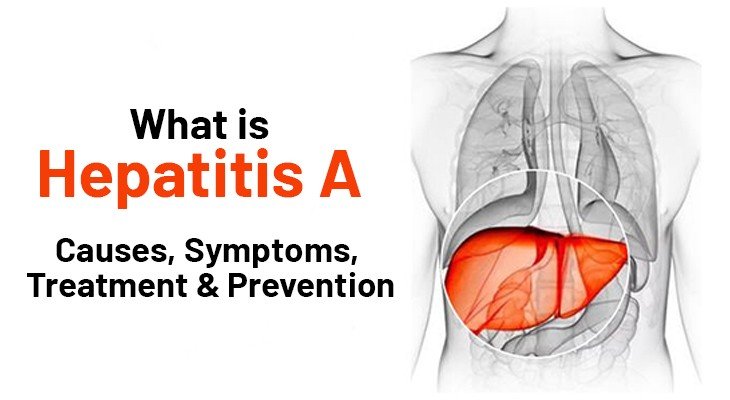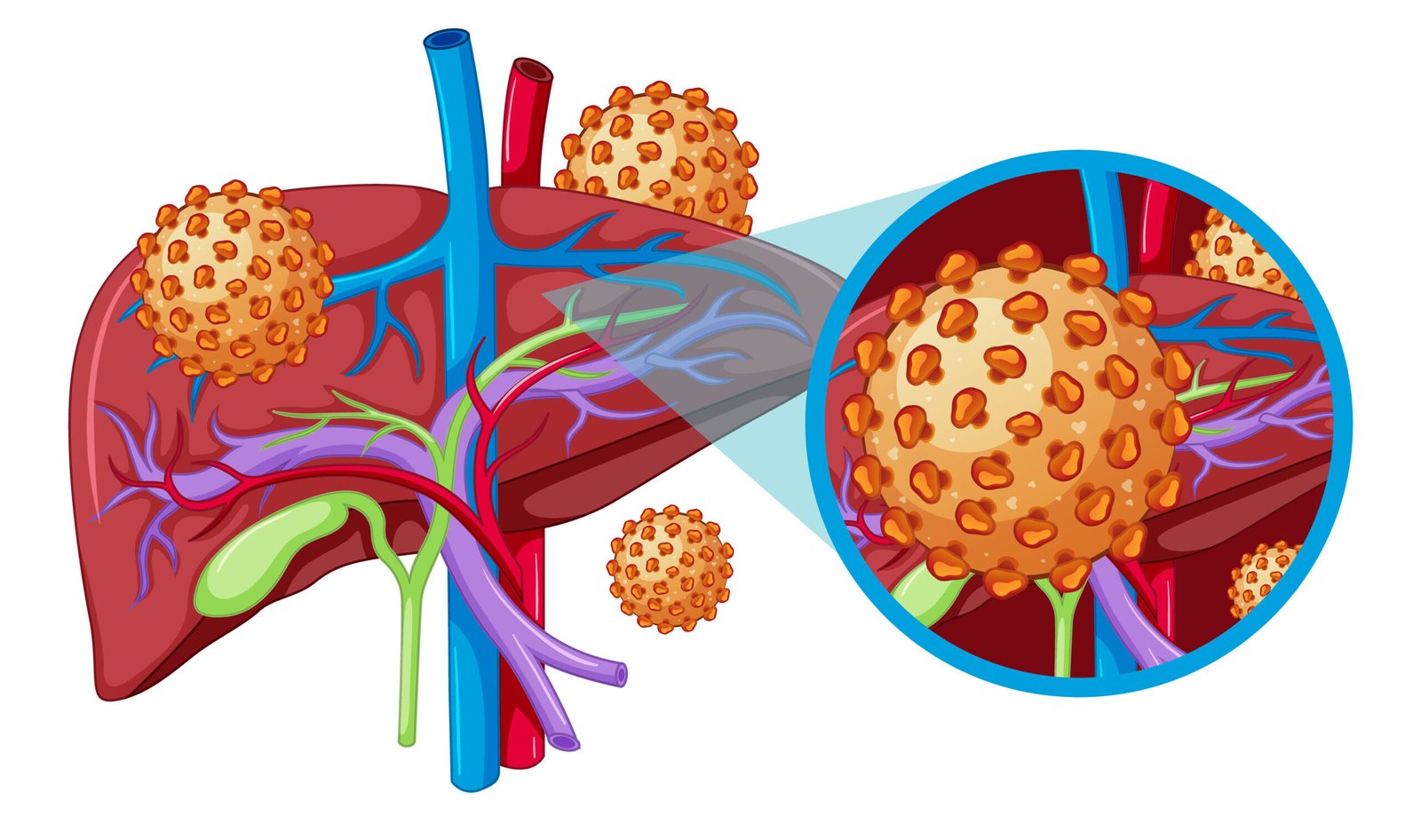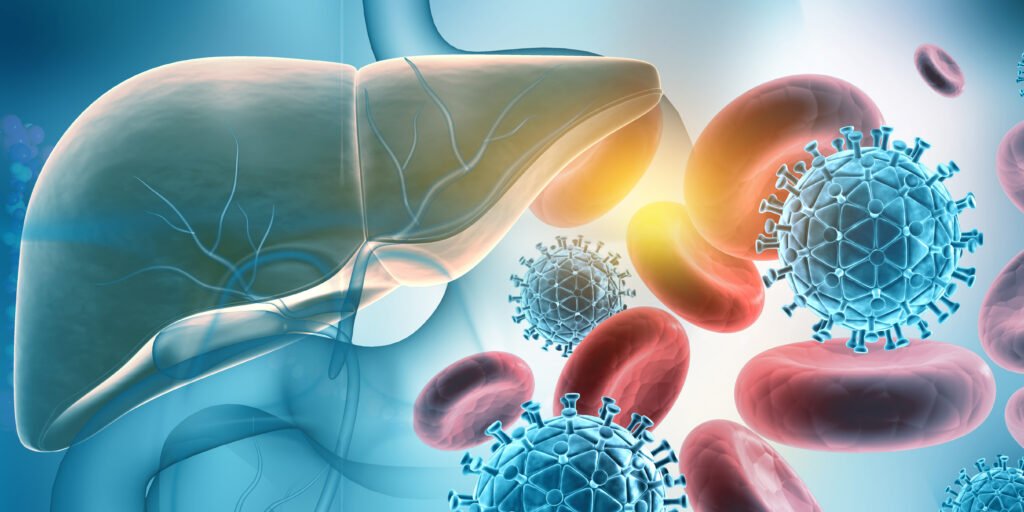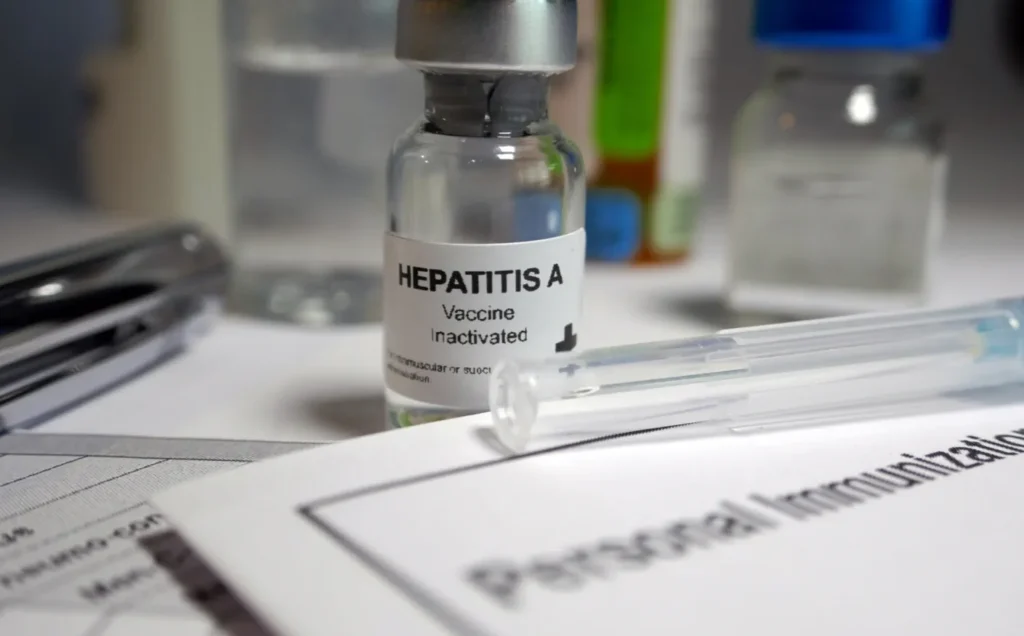Hepatitis A (HAV)
Hepatitis A Overview
Hepatitis A is a contagious liver infection caused by the hepatitis A virus. It is one of several hepatitis viruses that can lead to inflammation of the liver and affect its normal function.
The infection usually spreads through consuming contaminated food or water, or by coming into close contact with an infected person or object. In most cases, hepatitis A is mild and resolves on its own without lasting liver damage.
Good hygiene practices, such as frequent handwashing, play a key role in preventing its spread. In addition, the hepatitis A vaccine offers reliable protection against the infection.

Hepatitis A Symptoms
Symptoms of hepatitis A usually appear a few weeks after infection, though not everyone develops noticeable signs. When they do occur, they may include:
Persistent tiredness and weakness
Sudden nausea, vomiting, or diarrhea
Abdominal pain or discomfort (especially in the upper right side near the liver)
Pale, clay- or gray-colored stools
Loss of appetite
Mild fever
Dark-colored urine
Joint pain
Yellowing of the skin and eyes (jaundice)
Intense itching
In many cases, these symptoms are mild and resolve within a few weeks. However, some people may experience a more severe illness that can last for several months.

Who Is at Higher Risk for Hepatitis A?
Certain factors can increase your risk of contracting hepatitis A, including:
Living in crowded conditions or experiencing homelessness
Working in childcare, healthcare facilities, or nursing homes
Using intravenous (injected) drugs
Having HIV or another condition that weakens the immune system

Diagnosis of Hepatitis A
Hepatitis A cannot be reliably distinguished from other forms of acute viral hepatitis based on symptoms alone. A specific diagnosis is made through blood tests that detect HAV-specific immunoglobulin M (IgM) antibodies.
In some cases, additional tests such as reverse transcriptase polymerase chain reaction (RT-PCR) may be used. RT-PCR can identify the hepatitis A virus RNA early in the infection, even before antibodies are detectable. This makes it especially useful for diagnosing hepatitis A in the early stages and for monitoring how the infection progresses and eventually resolves.
Treatment of Hepatitis A
There is no specific antiviral medicine to treat hepatitis A. Management focuses on supportive care — easing symptoms, staying well-hydrated, and maintaining proper nutrition. Recovery may take several weeks or even months.
It is important to avoid unnecessary medicines that may harm the liver, such as acetaminophen (paracetamol). Hospitalization is rarely required, unless severe disease or acute liver failure develops. Care mainly involves keeping the patient comfortable and replacing fluids lost from vomiting or diarrhea.

Prevention of Hepatitis A
Preventing hepatitis A is more effective than treating it. Key preventive measures include:
Improved sanitation and safe water – ensuring access to clean drinking water and proper sewage disposal
Good personal hygiene – especially frequent handwashing before meals and after using the toilet
Safe food handling practices
Safer sex practices – including the use of condoms, dental dams, and maintaining hygiene (particularly important for oral-anal contact)
Vaccination also provides strong protection. Several inactivated injectable hepatitis A vaccines are available worldwide, offering similar safety and effectiveness. However, no vaccine is licensed for children under 1 year of age. In China, a live attenuated hepatitis A vaccine is also used.

